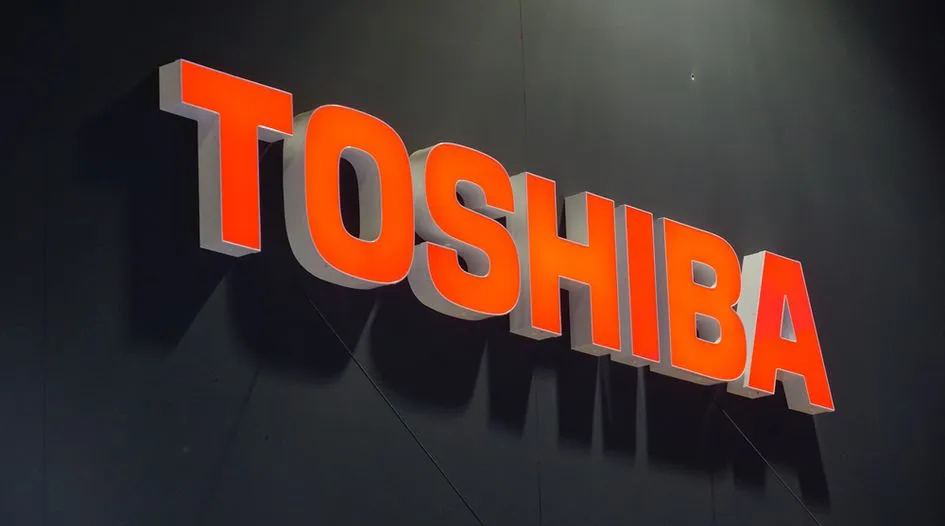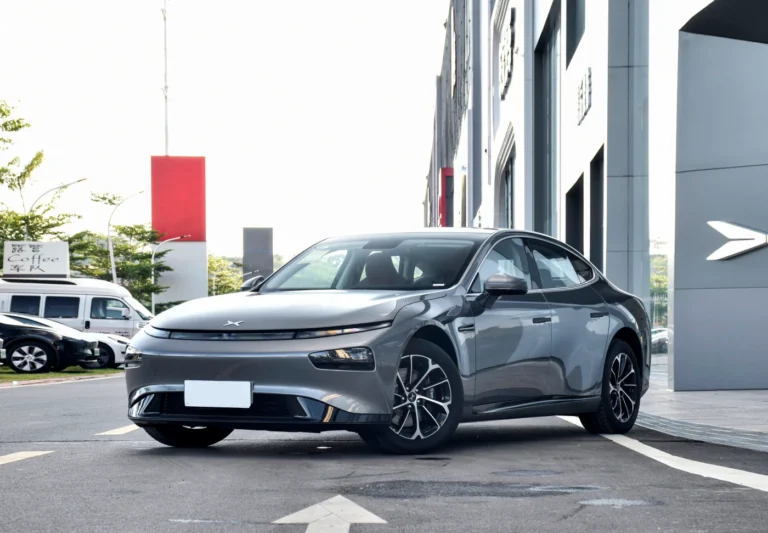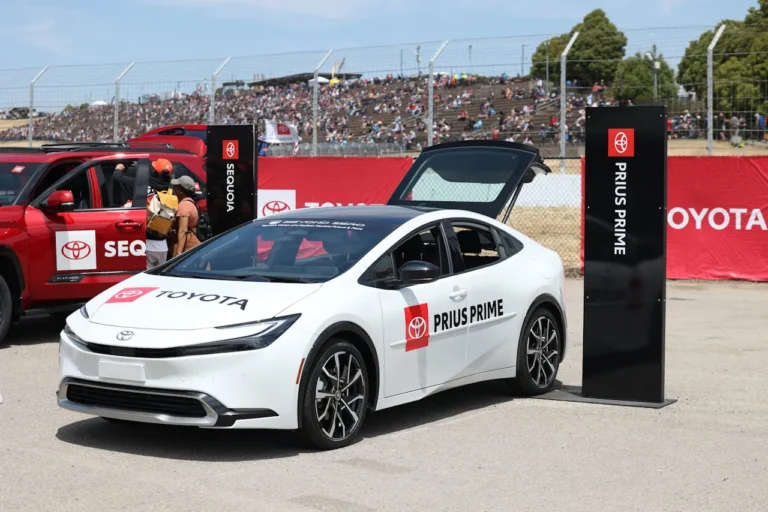
Toshiba Unveils New 2-Channel Automotive Digital Isolators with High CMTI and AEC-Q100 Compliance
Toshiba Electronic Devices & Storage Corporation has announced the release of its latest lineup of high-speed 2-channel standard digital isolators designed specifically for automotive applications. The new DCM32xx00 Series comprises four cutting-edge devices that are engineered to deliver high reliability, outstanding noise immunity, and fast data transmission speeds—all while meeting stringent automotive standards. With shipments beginning immediately, these isolators mark a significant step forward in supporting the evolving needs of the electric vehicle (EV) and hybrid-electric vehicle (HEV) markets.
Meeting Demands of Modern Automotive Electronics
As automotive systems become more complex and electrified, ensuring the safety and reliability of components such as on-board chargers (OBCs) and battery management systems (BMS) is critical. These systems demand isolation solutions that not only provide robust protection against electrical noise but also support high-speed, multi-channel communication. Toshiba’s new digital isolators are designed to meet these exacting requirements, delivering both high data integrity and strong resistance to common-mode transients.
The DCM32xx00 Series is fully compliant with the AEC-Q100 standard, the automotive industry’s benchmark for ensuring component reliability under harsh operating conditions. This certification confirms that the devices can withstand the electrical, thermal, and mechanical stresses typical in vehicle environments, making them ideal for integration into mission-critical automotive subsystems.
Advanced Isolation Technology: Magnetic Coupling for Noise Immunity
At the heart of Toshiba’s innovation is its proprietary magnetic coupling type isolated transmission method, which forms the backbone of the new isolators’ performance. This technology enables the devices to achieve a common-mode transient immunity (CMTI) of 100kV/μs (typical)—a benchmark that ensures effective resistance to electrical noise between the input and output, especially in environments where voltage fluctuations are frequent and severe.
In practical terms, this high CMTI rating means that the isolators maintain signal integrity even in the presence of significant electrical disturbances, helping ensure stable operation of automotive electronics. This is particularly important in EV and HEV systems, where high voltages and switching transients are common.
High-Speed Data Transmission for Critical Applications
In addition to high noise immunity, the DCM32xx00 Series also delivers data transmission rates of up to 50Mbps, coupled with a low pulse-width distortion of just 0.8 nanoseconds (typical). This combination supports rapid, high-fidelity data communication, which is essential for real-time control systems in vehicles.
These performance characteristics make the isolators particularly well-suited for CAN (Controller Area Network) interfaces, which are the backbone of in-vehicle communication networks. By enabling faster and more reliable data exchange, the new devices enhance the efficiency of systems ranging from powertrain control to advanced driver-assistance systems (ADAS).
Compact Design with Flexible Packaging
Building on its previous success with 4-channel digital isolators, Toshiba now introduces this 2-channel variant in a compact SOIC8-N package, catering to applications where board space is at a premium. This smaller footprint facilitates easier integration into space-constrained automotive designs without sacrificing performance or reliability.
The reduced package size is especially beneficial in modular systems, where scalability and component density are key considerations. It also allows engineers greater flexibility in system layout, thermal management, and cost optimization.
Strategic Expansion of Automotive Portfolio
The introduction of the DCM32xx00 Series is part of Toshiba’s broader strategy to expand its presence in the automotive semiconductor market. With this release, the company is not only addressing current demands for reliable digital isolation but also laying the groundwork for future innovations in electric and intelligent vehicle architectures.
Toshiba plans to continue expanding its lineup by offering digital isolators with varying channel counts and package types, targeting both automotive and industrial applications. This diversification aligns with industry trends toward greater electrification, connectivity, and autonomy in vehicles.
Supporting Safety, Performance, and Real-Time Communication
Digital isolators play a vital role in ensuring galvanic isolation, a requirement in automotive systems that helps protect sensitive electronics and passengers from voltage surges and ground loop noise. As vehicle systems become increasingly networked and electrified, isolators like those in Toshiba’s new series are essential for maintaining both safety and signal integrity.
Additionally, the low propagation delay and fast switching speeds offered by these devices help support real-time communication between subsystems, enabling more responsive vehicle control and improved driver safety.
A Reliable Partner for the Electrification Era
As the automotive industry undergoes a radical transformation—driven by electrification, digitalization, and autonomous technologies—component reliability becomes a non-negotiable requirement. With the DCM32xx00 Series, Toshiba reaffirms its commitment to providing robust, high-quality solutions that meet the demands of next-generation vehicles.
Whether it’s enhancing the performance of a battery management system or ensuring safe signal transmission in high-voltage environments, Toshiba’s digital isolators offer a reliable foundation for building advanced, connected automotive platforms.
Technical Highlights of the DCM32xx00 Series
- High Common-Mode Transient Immunity (CMTI): 100kV/μs (typ.)
- Maximum Data Transmission Rate: 50Mbps
- Low Pulse-Width Distortion: 0.8ns (typ.)
- Operating Voltage Range: VDD1 = VDD2 = 4.5V to 5.5V
- Operating Temperature Range: -40°C to 125°C
- Package Type: SOIC8-N
- Channel Count: 2-channel
- Compliance: AEC-Q100 automotive qualification
With this launch, Toshiba continues to strengthen its position as a trusted supplier of automotive-grade semiconductors, offering not just performance but also longevity and support for emerging vehicle platforms. As the need for high-speed, noise-immune, and compact isolation solutions grows, Toshiba’s innovations will be key to helping automotive engineers meet the technical challenges of the future.
For more information about the DCM32xx00 Series and Toshiba’s full range of automotive semiconductor solutions, visit Toshiba’s official product page or contact your local Toshiba sales representative.







